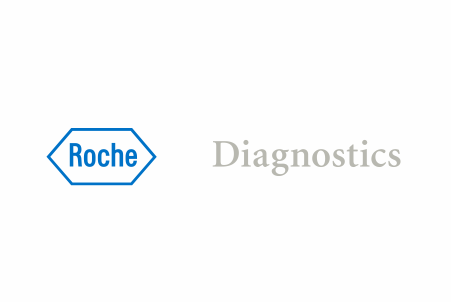Symposium
Sponsored by:

Aim and learning objectives:
The aim of this 2 hour symposium is to canvas recent evidence from Australia and the UK about effective strategies and promising interventions to support timely treatment intensification to achieve glycaemic targets for people with T2D in primary care.
The seminar is aimed at practicing RN-CDEs.
Overview:
Professor Kamlesh Khunti (via Skype) - Clinical inertia in primary care for T2D: extent of the problem, reasons and possible solutions
This presentation will draw on systematic and targeted reviews in progress.
John Furler - The Stepping Up Study: A practice based innovation to overcome clinical inertia in primary care insulin initiation
This presentation will present results of a randomised trial of a Practice Nurse-led model of care in Australian primary care for supporting treatment intensification in people with T2D.
Elizabeth Holmes-Truscott - The psychosocial context of treatment intensification: Barriers to early insulin initiation – Perspectives of individuals living with T2DM
This presentation will drawing on data analysis of the Diabetes MILES (Management and Impact for Long-term Empowerment and Success) study, as well as baseline data analysis from the Stepping Up study with a focus on predictors of insulin resistance versus insulin willingness. This presentation will highlight potential opportunities for CDEs to use this evidence in their practice to support people with T2D.
Jo-Anne Manski-Nankervis - The inter-professional context of treatment intensification: Barriers to early insulin initiation – Health professional perspective
This presentation will draw on analysis of qualitative and health professional survey data (including items drawn from the Diabetes Attitudes, Wishes and Needs study) from within the Stepping Up Study. Again this presentation will highlight potential opportunities for CDEs to use this evidence in their practice to support GPs and Practice Nurses working with people with T2D.
Panel discussion - Future directions for a primary care based treatment intensification. How does this work translate to current usual practice?
Learning Outcome:
- Increased knowledge of the barriers and opportunities to optimise treatment intensification for people with T2D out of glycaemic targets in primary care